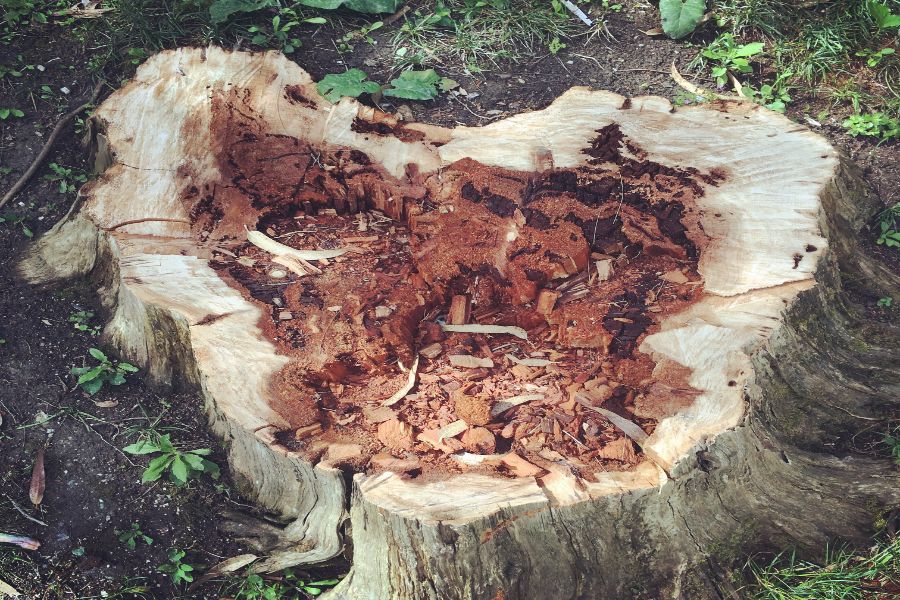December 31, 2020
The barriers within ourselves that we’ve built against innovating

It’s true that creativity is the premiere skill of our time, but that doesn’t mean it should be dogmatically quantified, tested and measured within an inch of its life.
Schools, organizations, companies and other institutions commit the mistake of taking the most fundamental endowment we have been given as a species, our imagination, and bastardizing it into another line item on their annual report.
But that’s not how creativity works. The solution for driving innovation isn’t forcing people into some prescribed, finite space into which they can be creative.
The answer is offering people an expansive, generative space in which they can be their authentic selves.
See the difference between those two approaches?
Remember, there is no one way to be creative. Everybody innovates within whatever mental, emotional and existential contexts their life situation affords them.
This is why Personal Creativity Management (PCM) is so necessary in today’s culture. Because it’s just that, personal.
People are never more themselves than when they are making things. They tap into the fingerprint of their humanity to do that kind of work, whether it’s messing around at home with the family, helping their local community generate new ideas for growth, or initiating a project at the office that has the potential to earn millions.
And that process can’t be conveniently quantified, only authentically liberated.
Rumi comes to mind, the mystic poet who famously said that our task is not to seek for love, but merely to seek and find all the barriers within ourselves that we have built against it.
Maybe that’s a better starting point. Maybe giving people permission to be themselves is more valuable than giving them another meaningless score that shows how well they know how to brainstorm.
Here’s an example. Have you ever felt guilty about being angry, sad or jealous? It’s the worst. Like you shouldn’t be feeling what you’re feeling.
But that’s a cultural barrier we have to overcome. Because most of us have not been encouraged to deepen our connection with all of our feelings. Especially the difficult ones.
And yet, that’s where innovation lives. All forms of emotional tension are usable.
If this form of guilt happens to you, a tool you might try is called staircasing. It’s when you give yourself permission to channel complicated emotions into useful results. You reach catharsis by accepting all your feelings, trusting that they might lead somewhere interesting.
In my own career, most of my best ideas at the office came the day after my coworkers did something that made me want to choke them with a printer cable.
But that’s a good thing. The juice is there. Had those violent and disturbing feelings been rejected, then the new ideas that resulted never might have seen the light of day.
What are the barriers within yourself that you’ve built against innovating? Start from there. If creativity is the premiere skill of our time, then don’t test and measure it, liberate it.
Do you have a generative space in which you can be your authentic self?

